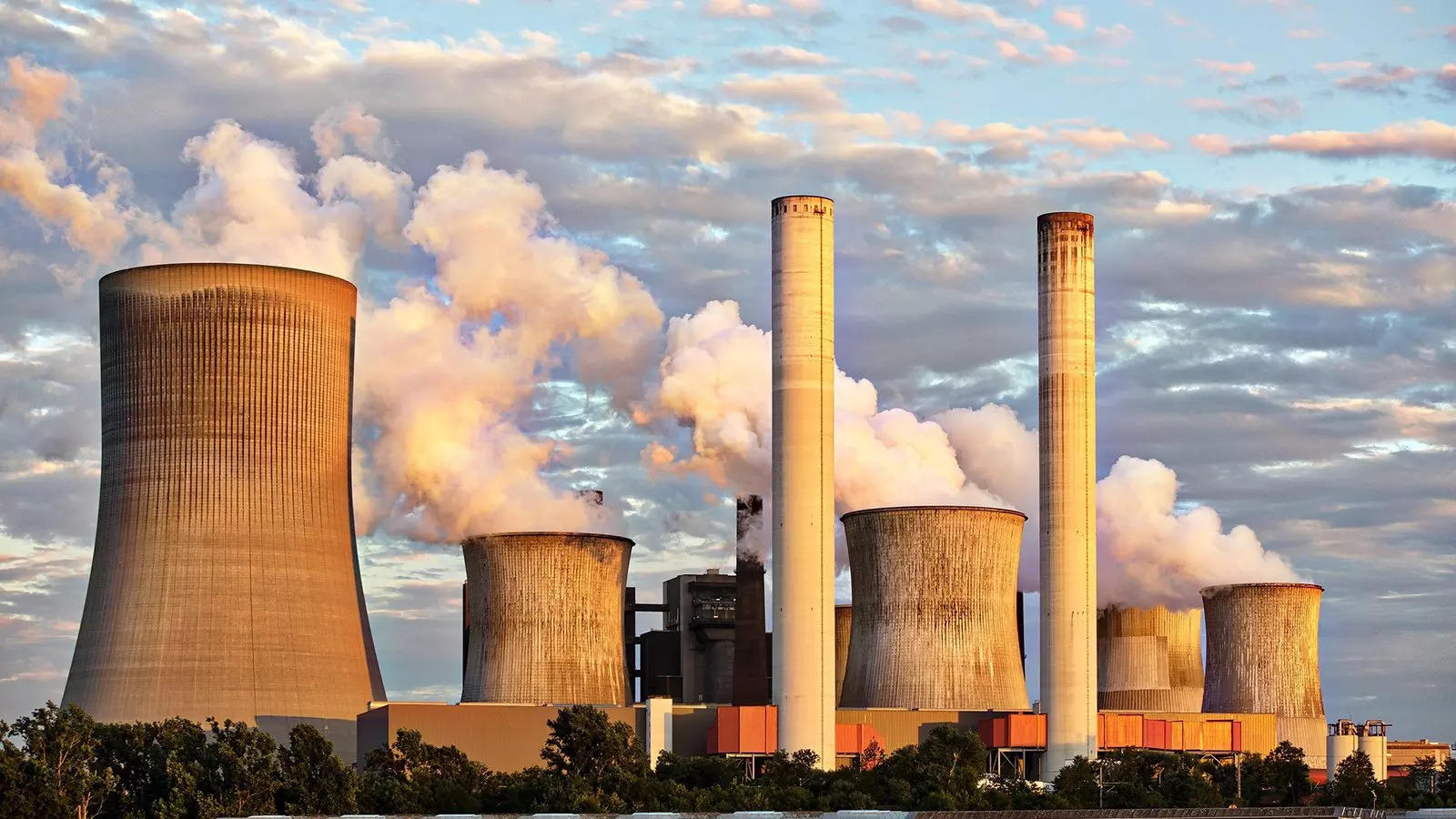Critical Levels of Air Pollution: A Growing Problem in Pakistan and India

Air pollution in Pakistan and India recorded at critical levels during the month of November 2023, with many cities in both countries experiencing hazardous air quality due to smog. In Pakistan and India, smog is a serious environmental concern which is caused by the combination of number of factors. The main contributors to air pollution include vehicle emissions, industrial emissions, and dust. Burning crops is a major factor in this situation, in order to prepare the land for the next crop, farmers in Pakistan and India frequently burn crop leftovers after harvest. This causes a significant emission of smoke and particle matter into the atmosphere. The problem is exacerbated in the winter months, when cooler temperatures trap pollutants closer to the ground.
According to the World Air Quality Index, Lahore, Pakistan is currently the most polluted city in the world. Other major cities in Pakistan are also experiencing severe air pollution. The Punjab government in Pakistan declared a smog emergency and closed schools and markets for four days in an effort to reduce air pollution. The government has also banned crop burning and ordered factories to reduce their emissions. However, air quality levels in Lahore and other major cities in Punjab remain at hazardous levels.

Governments in both Pakistan and India are taking steps to address the problem of air pollution. NASA satellite images reveal smog blanketing northern India, with Delhi at epicenter of looming air pollution crisis. The Delhi government ordered the closure of schools and restricted the use of private vehicles for a week in an effort to reduce air pollution. In addition, the government banned construction activities and ordered industries to reduce emissions. The consequences of this concerning phenomenon go beyond Delhi, as a number of cities in North India are facing declining air quality, raising the possibility of a more serious environmental crisis.
The severe air pollution in both the countries is having a significant impact on environment and human beings. The air pollution situation in Pakistan and India is a serious public health concern. Exposure to air pollution can cause respiratory problems, heart disease, cancer, and other health problems. It can also reduce visibility on roads leading to accidents. Both governments need to take more aggressive action to reduce emissions and improve air quality by reducing vehicle emissions, financing public transportation, and supporting renewable energy sources.